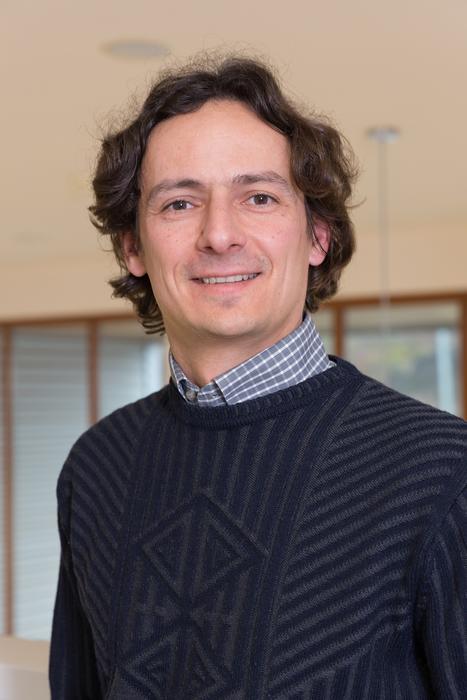The Luxembourg Institute of Science and Technology (LIST) will be coordinating a new Horizon Europe project, called AMUSENS, aimed at developing gas sensors for electronic appliances, with the goal of providing individuals with cheap and portable sensors to monitor their exposure to pollutants. The project, funded for four years with €8 million, is part of Horizon Europe’s digital industry cluster.

Credit: LIST
The Luxembourg Institute of Science and Technology (LIST) will be coordinating a new Horizon Europe project, called AMUSENS, aimed at developing gas sensors for electronic appliances, with the goal of providing individuals with cheap and portable sensors to monitor their exposure to pollutants. The project, funded for four years with €8 million, is part of Horizon Europe’s digital industry cluster.
Affordable and portable monitoring
The main focus of AMUSENS will be to address the lack of affordable solutions for monitoring environmental pollutants or gases in specific working environments. “We’re particularly interested in gas sensors for everyday products,” says Renaud Leturcq from the Nanotechnologies unit at LIST. “Our goal is to develop cost-effective and efficient sensors that can be easily integrated into various electronic appliances.”
These sensors would typically address applications such as environmental monitoring for pollutants and occupational safety concerns in industries like cleaning and hairdressing. “Consider a cleaning professional who could carry a portable sensor to monitor their exposure to pollutants,” adds Leturcq. “This sensor could also track cumulative gas exposure over time. Another application could involve breath analysis for athletes, helping them monitor fat burning during exercise or detect any potential anomaly.”
Leveraging nanotechnology and artificial intelligence
To achieve its goal, the project will utilize multi-pixel sensors and additive manufacturing, which allows for selective sensing and easier adaptation to different applications.
Leturcq explains, “The technology involves combining multiple sensors on a single chip and training them to recognize specific environments. By leveraging artificial intelligence, we aim to enhance the selectivity of these sensors to efficiently detect pollutants. We will use also additive manufacturing techniques, such as printing, to streamline sensor production, making it more cost-effective and adaptable to various needs.”
The main industrial partner in this initiative is ScioSense, a prominent Dutch company specializing in sensor technology. The project also collaborates with academic partners like the University of Brescia, Italy and research institutes such as the Institute Mines Telecom, France. With a total of 10 partners, including academic, research, and industrial entities, the project brings together a diverse range of expertise and resources.
“This project has the potential to transform the way we monitor environmental pollutants and gases,” says Leturcq. “The expertise and technology used in the project will enable the creation of products with customizable properties and will enhance the resilience of the gas sensor industry by accelerating the development of high-performance products and reducing time to market.”



